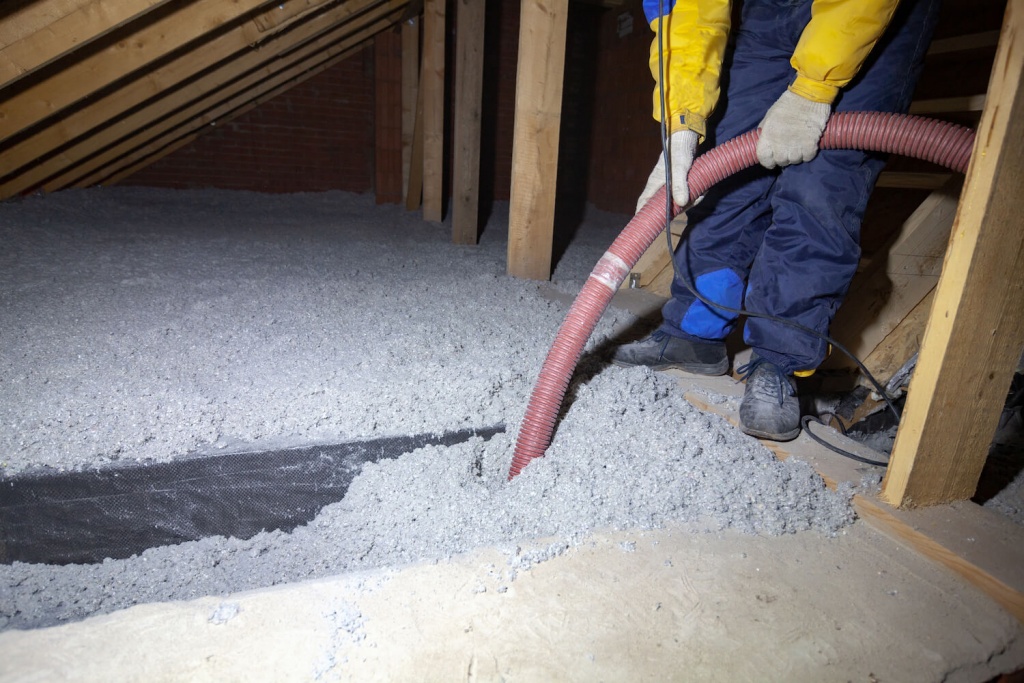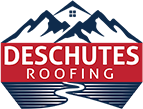There are many factors to consider when trying to make your home as eco-friendly as possible. One of the most important is the insulation – after all, it’s what keeps your home warm in winter and cool in summer! So, what is the most environmentally friendly insulation option available?
There are a few different types of insulation to choose from, each with its own set of pros and cons.

Cellulose Insulation
Cellulose insulation is one of the most eco-friendly types of insulation due to its many sustainable features. This type of insulation is usually made from recycled paper products, which means that it requires far less energy and resources to produce than other types of insulation. In addition, cellulose insulation has a very low embodied energy, which is the amount of energy required to produce and install the material.
Cellulose insulation also has a high R-value, meaning it is very effective at insulating your home. It is often compared to fiberglass insulation in terms of its effectiveness. However, cellulose insulation does have a few drawbacks.
For one, it is not as fire-resistant as other types of insulation. In addition, it can also be attractive to pests, so it is essential to ensure that it is installed properly and sealed off from any potential entry points.
Home Cotton Insulation
Cotton insulation is another eco-friendly option that is becoming increasingly popular. This type of insulation is usually made from cotton materials, making it a very sustainable choice.
Like cellulose insulation, cotton insulation has a very low embodied energy and is also quite effective at insulating your home. In addition, cotton insulation is also fire resistant and does not attract pests.
However, one of the main drawbacks of cotton insulation is that it can be more expensive than other types of insulation. In addition, it is also not as widely available as other options.
Warm Wool Insulation
Wool insulation is another eco-friendly option that has several sustainable features. Wool is a natural material that is renewable and biodegradable, making it a very sustainable choice.
In addition, wool insulation has a high R-value and is very effective at insulating your home. Wool is also fire-resistant and does not attract pests. However, one of the main drawbacks of wool insulation is that it can be more expensive than other options.
Recycled Denim Insulation
Recycled denim insulation is another eco-friendly type of insulation that is made from recycled denim. Like cotton insulation, recycled denim insulation has a very low embodied energy and is also quite effective at insulating your home.
In addition, recycled denim insulation is also fire resistant and does not attract pests. However, one of the main drawbacks of recycled denim insulation is that it can be more expensive than other types of insulation.
There are several eco-friendly insulation options to choose from, each with its own pros and cons. Ultimately, your best option will depend on your specific needs and budget. So take the time to research each option to find the best solution for you.
Contact us Today to Speak With an Insulation Estimator
At Deschutes Roofing & Insulation, our roofing services include the installation of new insulation and evaluating and installing ventilation. We also do wall insulation, underfloor insulation, pole barn insulation, and new construction insulation. If you experience frequent ice dams or have had a roof leak but never replaced your insulation, call Deschutes Roofing & Insulation at (541) 313-5944 or fill out our contact form for an appointment with one of our insulation estimators.










